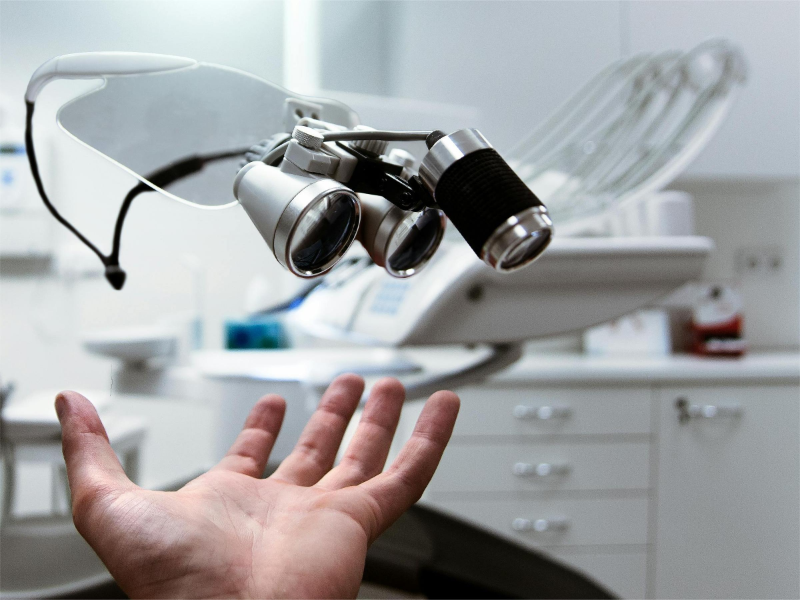- A recent study suggests AI could play a role in the early detection of heart failure. Researchers at the University of Dundee’s School of Medicine analysed data from over 500 patients to determine how AI could benefit those at risk.
- This is not the only example of AI being used in heart care.
- While AI is a valuable tool in healthcare, it is important to remember that it should not replace human expertise.
Artificial intelligence (AI) is showing promise in improving healthcare, particularly in the early detection of heart failure. A recent study used AI to analyse medical records and echocardiograms to identify patients at risk, potentially streamlining the process and improving patient outcomes.
AI shows promise in early detection of heart failure
A recent study suggests AI could play a role in the early detection of heart failure.
Researchers at the University of Dundee’s School of Medicine analysed data from over 500 patients to determine how AI could benefit those at risk. The study, published in the journal ESC Heart Failure, used AI to analyse both electronic health records and echocardiography heart scans. By analycing these images using deep learning, the researchers were able to identify subtle irregularities that could indicate an increased risk of heart failure.
Professor Chim Lang, lead author of the study, explained that this research represents a significant advancement in the use of AI for interpreting echocardiographic images. This technology could potentially streamline the identification of heart failure patients within large datasets of electronic health records.
Also read: Sonic Healthcare Limited: A beacon of medical excellence
AI-powered cardiac procedure in use
This is not the only example of AI being used in heart care. AdventHealth Zephyrhills in Florida is using a new AI-powered cardiac procedure called CathWorks to detect artery blockages that can lead to heart attacks. This technology helps doctors make informed decisions about patient care.
The CathWorks procedure uses AI to measure coronary artery blockages and provide doctors with a percentage of blockage. This information is crucial for determining if a patient needs a stent to improve blood flow and reduce the risk of heart attack.
Also read: Weavrcare: Revolutionising healthcare data solutions
Human expertise remains essential
While AI is a valuable tool in healthcare, it is important to remember that it should not replace human expertise. Doctors must still use their knowledge and experience to interpret the data provided by AI and make the final decisions about patient care.
This recent study and the use of AI-powered procedures in hospitals like AdventHealth Zephyrhills highlight the potential of AI to improve healthcare outcomes. However, it is crucial to remember that AI is a tool to be used alongside, not instead of, human expertise.

